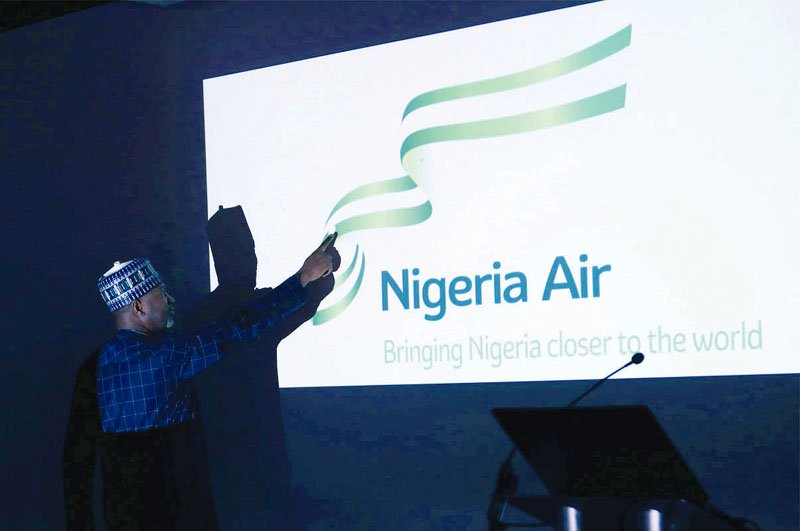Leading global rating agency, Fitch, weekend cut its 2017 economic growth forecast for Nigeria to one per cent from 1.5 per cent.
Though Nigerian economy had returned to growth in the second quarter of 2017 after shrinking by 1.5 per cent in 2016, Fitch hinged its reversal to the observed fragility trailing the recent exit from recession, saying recovery remains too slow as oil revenues is depressed on hard currency shortage.
Speaking at a Fitch event in London, the Director for Sovereigns, Jermaine Leonard, said although Nigeria’s 2018 budget had an oil production target of 2.3 million barrels per day, the Fitch forecast was just above two million barrels, according to Reuters report over the weekend.
Leonard was quick to aver that the new forecast is partly to a potential flare up in violence in the Niger Delta as elections approach in 2019.
Fitch currently rates Nigeria at B+ with a negative outlook, which reflected the fact that there were still a lot of elements, which could take it down, said Leonard.
“But at this point, we are cautiously optimistic,” he added.
Besides, the Federal Government is moving ahead with plans to borrow $5.5bn from foreign investors aiming to plug a large gap in Nigeria’s finances that stem in part from the global fall in oil prices.
Fitch also agreed that equity markets are also buoyant, having hit three-year highs this week for 2017 gains of around 45 per cent.
It would be recalled also that barely one month after another global rating agencies, Moody’s Investors Service, downgraded Nigeria’s sovereign debt rating, the agency noted earlier last week that Nigeria’s balance sheet remained exposed to further shocks.
Moody’s had on November 8 downgraded Nigeria’s long-term issuer and senior unsecured debt rating to ‘B2’ from ‘B1’. The Federal Government, however, rejected the rating, saying the economy is recovering very fast.









